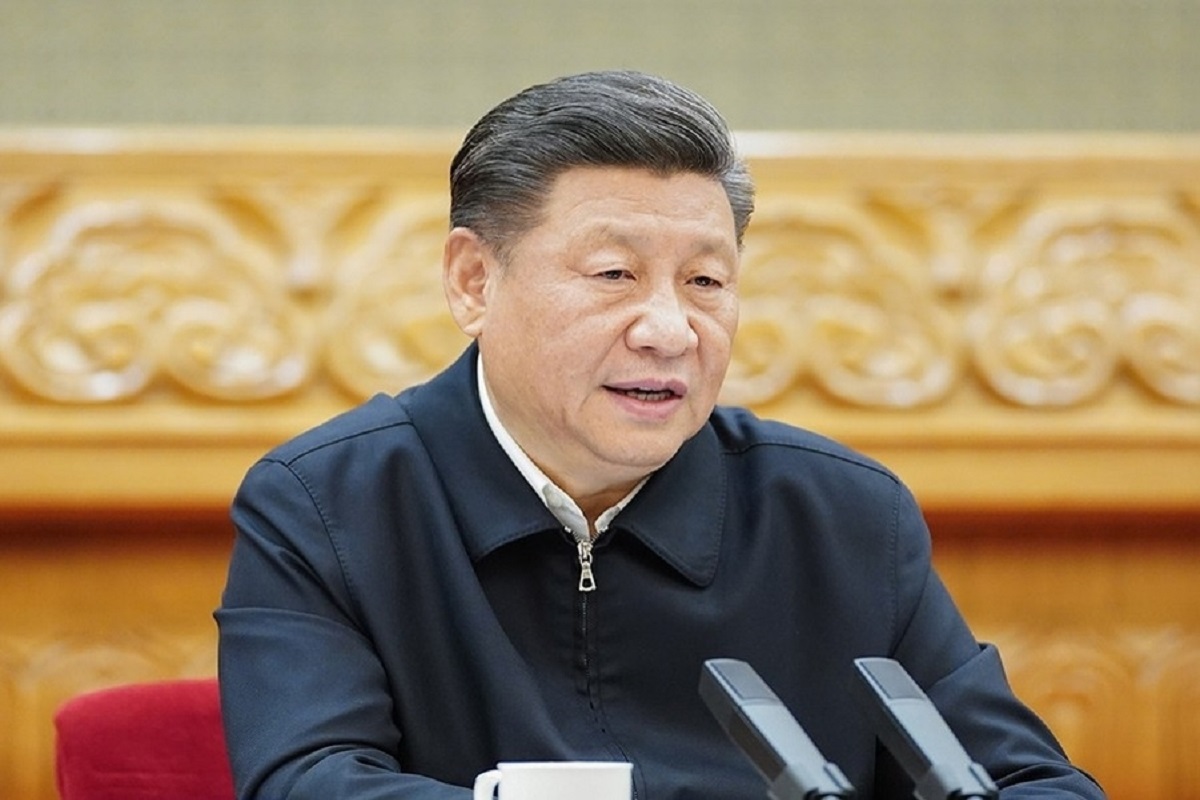Bereft of the grandstanding that marks a moment in history, the government of Xi Jinping in Beijing has adopted the decidedly unusual step of closing Tiananmen Square to the people, nearly a week ahead of a major celebration that has been planned to mark the 100th anniversary of the founding of the ruling Communist Party of China, verily the omnipotent anthority.
This must seem amazing as the movement 32 summers ago was spearheaded by the people, many of whom had fallen to the soldier’s bullet.
The square, which was the nerve-centre of events in June 1989 and offers a peek into China’s stirring history, normally attracts tourists from across the country.
The same would have happened this year, but China has somehow chosen to keep the people ~ the bedrock of the Communist party ~ at a distance. The square was barricaded on Wednesday and will remain closed till 2 July.
Of course, there are rows of yellow seats and heavy machinery in the open plaza that also houses the mausoleum of Mao Zedong, the founder leader of Communist China.
Neither the party nor the government have as yet disclosed the reasons for the closure of Tiananmen Square or the factors that prompted the low-key anniversary, under the shadow of the persecution of Uighurs in Xinjiang and the violation of human rights generally.
The party will showcase the country’s rise from civil war and disastrous political campaigns in the early years of Communist rule to market reforms that have created the world’s second largest economy, with a superpower status rivaled only by the United States of America.
For all that, arrangements for the July 1 anniversary remain shrouded in secrecy. Around Tiananmen Square, the former palace complex of the Forbidden City, and other historical sites of profound scenic value are also closed. Flypasts by air force squadrons suggest an aerial review is on the anvil, but the authorities are yet to release details. Around Beijing and throughout the country, signboards have been erected and commemorative activities held, accompanied by the deployment of additional police and paramilitary forces.
It bears recall that the party was established in secrecy in 1921, following the collapse of the Qing dynasty in 1912. It held its first session at a girls’ school in Shanghai, and later moved to a “lake boat” to evade agents of the local warlord.
The party has built its reputation on resistance, first from Chiang Kai-shek’s Nationalists, then the Japanese invaders and culminating in its seizure of power in 1949.
Chiang fled to Taiwan, which has since evolved into a democracy that Beijing threatens to annex by force, while the Communists’ military wing asserted control over Tibet and other outlying regions.
Mao’s death in 1976 brought about an end to orthodox Marxist economics, even while the party retained its authoritarian Marxist-Leninist governing structure. That structure of governance has kept the people away from the romantic euphoria generated by the centenary of the Communist Party of China.











